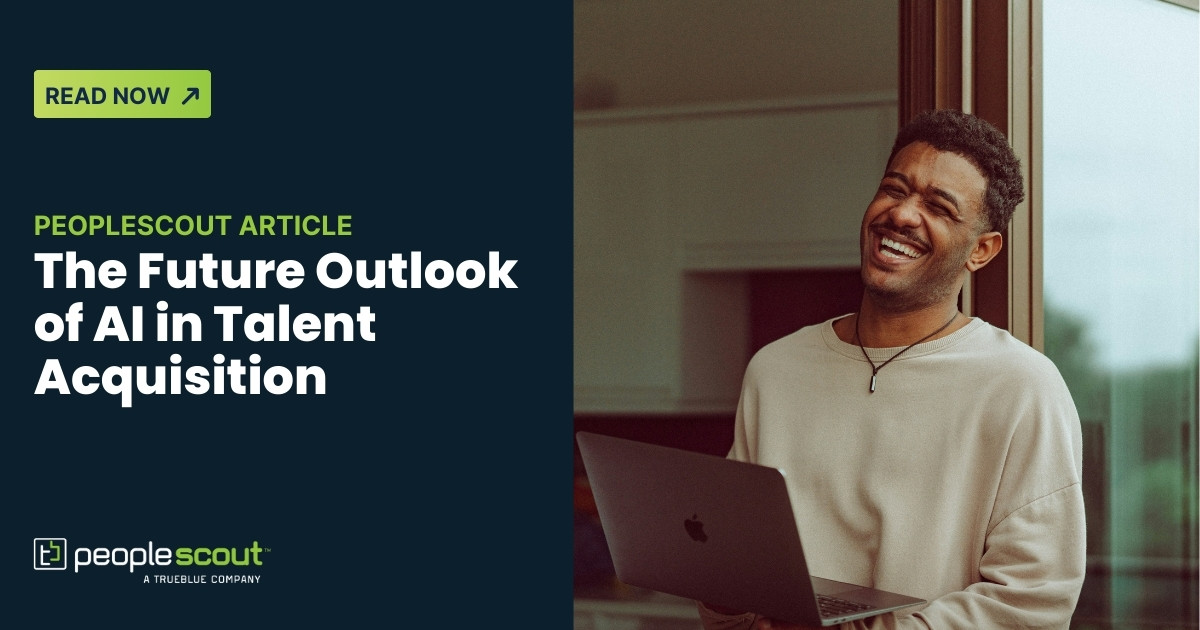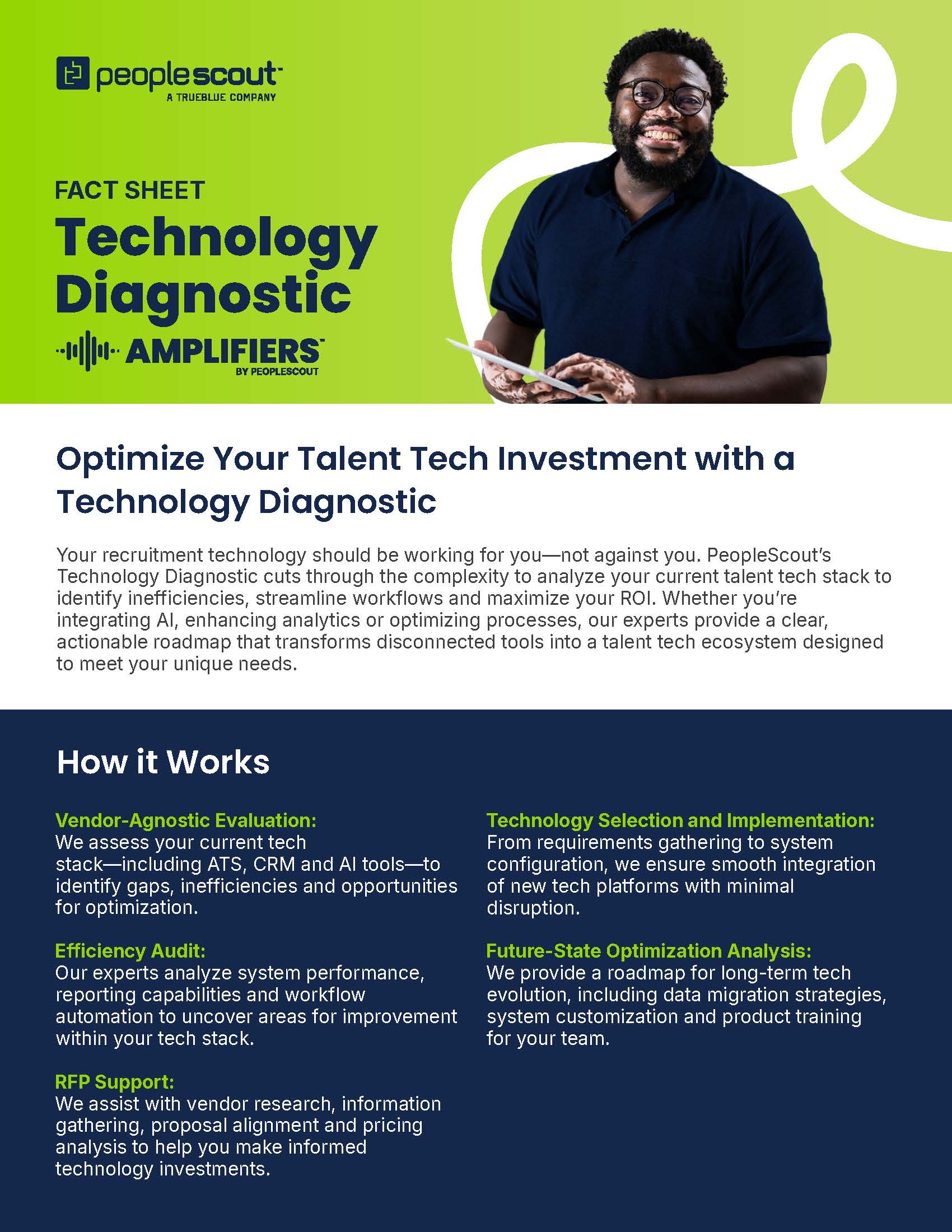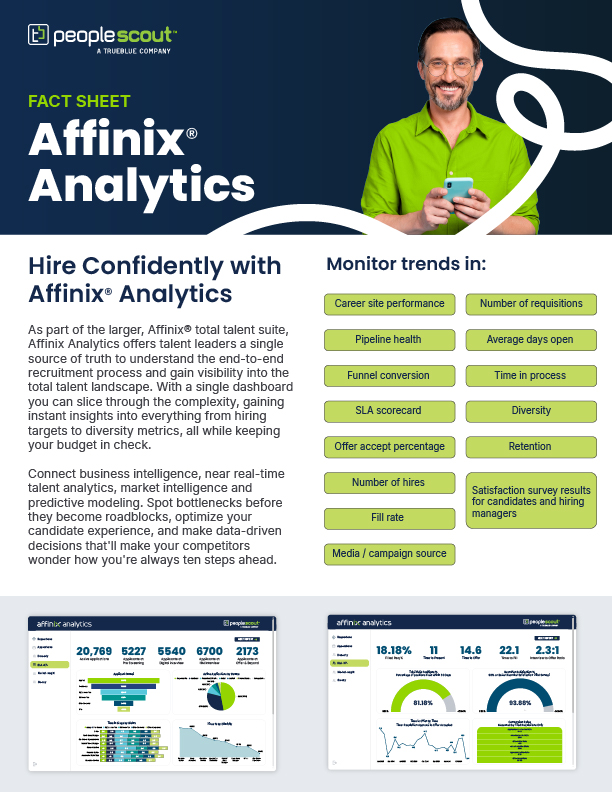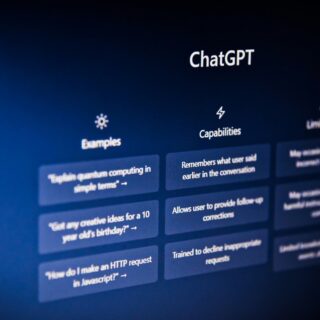Digital transformation has hit HR, and the world of recruitment is running to keep up with the growth of mobile apps, generative artificial intelligence (Gen AI) and analytics. Candidates expect a tech-enabled recruitment experience, and building a talent acquisition technology ecosystem has gone from a nice-to-have to a critical part of the recruitment strategy for any enterprise. However, with the influx of new talent acquisition technology—from foundational platforms like an ATS to point solutions for sourcing, interviewing or recruitment marketing—it can be hard to navigate the recruitment technology landscape and know where to invest your budget.
In this article, we’ll help you make sense of all the available talent tech and how each recruitment system can benefit your business. You’ll learn some important things to keep in mind as you build your tech stack. Plus, we’ll provide some details on what features to look for as you evaluate solutions.
Working with a Recruitment Technology Capable RPO Partner
One of the biggest value-adds that recruitment process outsourcing (RPO) brings is experience with the latest talent technology innovations. An RPO partner can help you assess talent acquisition software to address all aspects of your recruiting process, from identifying talent to creating a more efficient candidate experience. Your provider can show you how technologies like AI and predictive analytics can boost your ability to attract top talent.
In addition to consulting, some RPO providers are investing in proprietary technology solutions including application tracking systems (ATS), candidate relationship management (CRM), recruitment marketing capabilities and analytics. This can come in the form of an integrated suite, providing a modular approach that lets you add and remove solutions from your tech stack as your needs change.
All-in-One Recruitment Technology Suite vs Integrated Systems
Any organization looking to update their recruitment tech ecosystem will enter the comprehensive suite or separate tools debate. Should we go for a system that’s already integrated or build our own?
While the idea of a plug-and-play experience, in which you easily add new functionality to your repertoire, has allure, in reality it’s easier said than done. There’s wading through the vast HR tech marketplace to find potential solutions, researching multiple providers, negotiating a different contract for each system, going through implementation, onboarding and training for each tool, managing multiple vendor relationships and so on. Then, you’ve got to get all the systems to integrate and speak to each other in order maximize the benefits of AI, automation and analytics.
On the other hand, an all-in-one talent suite eliminates the complexity and inefficiencies of pieced-together systems. For example, Affinix®, PeopleScout’s proprietary total talent suite of AI-powered tools, unites applicant tracking, candidate relationship management, recruitment marketing, digital interviewing and talent analytics. Unlike fragmented solutions that require multiple integrations and manual workarounds, a comprehensive platform offers seamless, end-to-end functionality that is both flexible and focused on user experience—both the candidate as well as the hiring manager, talent acquisition leaders and recruiters. Plus, there’s just one contract to negotiate and one vendor to manage.
Look for a suite built as modules. This gives you the best of both worlds, letting you add to your ecosystem at your own pace, with pre-integrated modules accessible in one seamless interface and a consistent user experience across applications. With Affinix, our flexible deployment options and modular approach lets you can mix and match capabilities and build the perfect recruitment ecosystem for your needs.
Whether you’re going for integrating separate tools or a unified suite, your goal should be a seamless user experience, single-user login, and an uninterrupted flow of data between systems to enable you to get the most from AI and analytics.
A Word on Security
Any technology you add to your talent ecosystem must comply with data privacy regulations in all regions where you’re recruiting. Pay attention to any rules about where data can be stored, like those stipulated by the GDPR. Look for tools that are ISO/IEC 27001:2022, which shows the provider maintains a high level of information security.
Building Your Recruitment Technology Ecosystem
Now that we’ve covered some important things to keep in mind when evaluating software, here are some solutions and features that make up the ultimate recruitment technology ecosystem.
Applicant Tracking System (ATS)
An ATS is the foundation upon which you will build your tech stack. This platform acts as the system of record for your talent acquisition program. As a repository for applicants, it helps you manage the hiring process for all your requisitions and satisfies compliance requirements for record keeping.
Look for a platform that lets you put the candidate in the driver’s seat by letting them self-progress through the process with a mobile-optimized, digital experience. A system with configurable workflows will let you streamline everything from candidate screening, scoring, assessments, reference and background checks, interview scheduling and sending SMS and email communications. Not only does this boost recruitment speed for the candidate, but it also reduces the workload for hiring managers.
Affinix’s new Hiring Manager Dashboard provides access to a real-time dashboard via desktop or mobile device. Hiring managers can open and approve requisitions for automated job posting, review applicant shortlists, check on candidate progress, schedule and reschedule interviews, submit and manage candidate feedback, and create and approve offers—whether they’re at their desk, on the warehouse floor or supervising from the shop floor.
AI Sourcing & Matching
AI-powered sourcing tools review, sort and rank talent on the open web using sourcing criteria you’ve previously specified like current or past job titles, previous employers, diversity attributes, industry experience and more. Algorithms crawl résumés and CVs, social media profiles and other sources of data to find a pool of candidates that match your job requirements, help you find and engage candidates faster for lower cost-to-hire.
Affinix AI sourcing accesses over 1.3 billion public profiles across 23 of the top global job sites within seconds of a requisition opening. It then matches skills based on your job requirements to surface a pool of the best candidates. Pulled in passive talent from external databases or from your existing talent database to support direct sourcing, internal mobility and redeployment.
AI in Recruiting: A Handbook for Talent Acquisition Leaders
Candidate Relationship Management (CRM) Software
A CRM helps you to nurture candidates through automated SMS/text and email campaigns and more—whether to keep them informed during an active application process or to keep them warm until a suitable position opens up. Create talent pools based on geographies, job type, skills and more and personalize communication to the candidate for a more engaging experience.
Leading CRM platforms can supercharge your talent pipeline by creating a multi-channel approach to finding talent. For example, Affinix CRM includes a drag-and-drop career site builder for both external and internal career sites and employee referral portals. In addition, it has built-in integrations with all major job boards, including LinkedIn and Indeed, as well as a job feed gateway to support connections with niche sites. Combined with our AI sourcing and matching capabilities, you can create the ultimate pool of best-fit talent, reducing time-to-hire, maximizing your recruitment marketing budget and boosting ROI.
Direct Sourcing Technology
With the growth of the gig economy and blurring of lines between full-time and temporary employment, workers who traditionally seek full-time employment are increasingly willing to take up temporary placements—and vice versa. Organizations that create and nurture blended talent pools of both permanent and contingent workers through direct sourcing technology can bypass traditional recruitment channels and connect with top talent in a more personalized and efficient manner.
Look for solutions that offer AI-powered matching capabilities, which can dramatically improve the speed and accuracy of candidate selection. Affinix uses AI to form combined talent pools from external sources as well as talent rediscovery—whether they’re new to you, previous applicants or contractors, individuals who have filled out an expression of interest form for the role, or silver/bronze medalists from previous requisitions—to engage or re-engage talent with relevant skills and experience.
What is Direct Sourcing? Why It Could Open the Door to Total Talent Acquisition
Recruiting Chatbot
Powered by natural language processing (NLP) and large language models (LLMs), chatbots are a conversational interface that can help candidates through the recruitment journey. Unlike recruiters, chatbots are available 24/7 to provide real-time responses to candidate inquiries, help with the application process, complete initial screening steps and schedule interviews. This reduces the burden on recruiters and hiring managers by taking on some frequently asked questions from candidates about your employer brand, culture and diversity and inclusion.
Digital Interview Management System
Modern candidates expect the hiring experience to be personal, quick and convenient. A dedicated digital interview solution can help you quickly hire the essential talent you need, no matter where they live or how the demand for remote working changes. Rather than just leveraging video meeting tools, a dedicated digital interview tool offers multiple options for virtual interviews, including text interviews, recorded video interviews or live interviews. Self-scheduling tools and automated candidate advancement tools help dramatically boost retention and connection.
Assessment Tool
Digital assessment solutions examine the candidate’s writing samples and skills test responses to measure aptitude, personality and skills using predictive analytics and machine learning, ensuring you hire the highest quality talent. Platforms may let you create a custom assessment or let you choose from a suite of pre-built skills assessments. Assessments range from code evaluations for software development roles to language aptitude tests—on-demand or live. Make sure you look at the assessment experience from both the candidate and hiring manager experience before committing to a tool.
Integration is important for assessment solutions as it facilitates automated workflows, so candidates get notified of next steps via email or text based on their results.
Learn more about our expert organizational psychologists in our Assessment Design & Delivery teams.
Recruitment Analytics
With data flowing across your integrated systems, a recruitment analytics platform offers you a single source of truth for understanding your end-to-end recruitment process. Whether you’re hoping to track time-to-fill, DE&I efforts or overall talent acquisition performance, these tools will satisfy your C-suite’s hunger for insights into your recruitment program.
Look for a tool with interactive dashboards that make it easy to visually monitor trends and slice and dice the data to identify areas of opportunity—and gain the full value of your recruitment data. Leading analytics tools connect real-time recruitment analytics and talent market intelligence while pulling in business intelligence from across your business to elevate your talent strategy measure talent acquisition performance against organizational goals.
Look for solutions that offer predictive analytics capabilities, in which artificial intelligence and machine learning highlight insights, anomalies and predictions to empower your teams. This helps you understand the behaviors of top talent and predict factors such as cultural fit, willingness to change companies, and future tenure potential to improve hiring speed and accuracy over time.
Onboarding Software
The new hire onboarding process is an essential element of creating a positive employee experience. Not only should it get new employees up-to-speed at your company and in their role, there’s also crucial paperwork steps for payroll, taxes, benefits and more.
Digital onboarding software automates and supports the onboarding process—especially important for remote workers. Affinix lets candidates view, digitally sign and accept their offers quickly from a personalized online portal. Hiring managers can craft and customize digital offer letters, ensuring that offers are fast, compliant and aligned with company policies.
For your HR staff, it reduces administrative effort by automating repetitive onboarding tasks like sending new hire reminders, tracking document completion and updating systems. Make sure you consider integration with your HRIS and payroll systems to eliminate manual data entry and reduce errors.
Internal Mobility Software
It’s no secret how important internal mobility can be for retaining employees and saving on sourcing costs. The good news is that a whopping 70% of employees would explore opportunities within their current organization before looking externally, according to our research, The Skills Crisis Countdown.
An internal mobility platform should allow you to share vacancies internally and give existing employees the opportunity to submit an expression of interest form to be added to the talent pool. Look for a tool that offers hiring managers a seamless experience by letting you post to both internal and public job boards. AI matching and search should extend to existing employees, helping you identify internal candidates with relevant skills. Hiring managers should be able to view internal and external candidates together in one place, with internal candidates uniquely identified. The system should feature automated invitation emails to qualified internal candidates to speed up time-to-fill and reduce administrative burden.
Navigating Recruitment Technology: From Complexity to Clarity
The recruitment technology landscape is complicated, with new solutions being added all the time. It can be confusing to plan a talent acquisition tech stack but selecting the right tools can boost access to data and help you create both operational and cost efficiencies. Employers should work with an RPO partner who can help them customize a technology ecosystem that meets their needs now and prepares them for what’s next.









